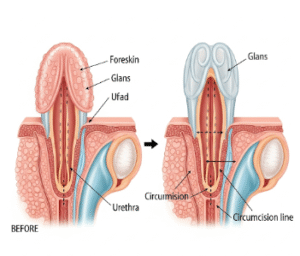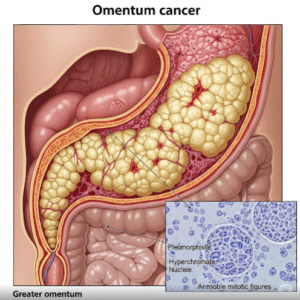Overview
Oppositional Defiant Disorder (ODD) is a behavioral disorder characterized by a consistent pattern of angry, irritable mood, argumentative behavior, and defiance toward authority figures. It most commonly begins during early childhood or adolescence and often causes significant disruption at home, in school, and in social relationships. While many children occasionally act out or show defiance, ODD involves persistent, developmentally inappropriate behavior that lasts for at least six months.
What is Oppositional Defiant Disorder (ODD)?
ODD is a mental health condition that affects children and teenagers, though it can continue into adulthood if not managed. Children with ODD often appear argumentative, uncooperative, and deliberately defiant, especially with parents, teachers, or other authority figures. The behaviors go beyond normal childhood rebellion and can interfere with daily functioning.
ODD is not the same as conduct disorder, which involves more aggressive and law-breaking behaviors. However, ODD can sometimes evolve into conduct disorder or other more severe mental health issues if untreated.
Symptoms
ODD symptoms typically fall into three categories: angry/irritable mood, argumentative/defiant behavior, and vindictiveness. Common signs include:
- Frequent temper tantrums
- Persistent arguing with adults or authority figures
- Actively refusing to comply with rules or requests
- Deliberately annoying or provoking others
- Easily annoyed or touchy
- Blaming others for one’s mistakes or misbehavior
- Spiteful or vindictive behavior (at least twice in six months)
The behavior must occur more often than in peers of the same age and development level and must be present in multiple settings (e.g., home, school, social environments).
Causes
ODD is believed to be caused by a combination of biological, psychological, and environmental factors, such as:
- Genetics: A family history of mental health disorders like ADHD, mood disorders, or substance abuse
- Brain differences: Abnormalities in brain chemicals (e.g., serotonin) or differences in brain structure or function
- Parenting style: Harsh, inconsistent, or neglectful parenting; frequent conflicts at home
- Environmental stressors: Family instability, poverty, or exposure to violence
- Temperament: Children with a naturally difficult or reactive temperament may be more prone to ODD
Risk Factors
Several factors increase the risk of developing ODD:
- Having other mental health conditions such as ADHD, anxiety, or depression
- A history of trauma, neglect, or abuse
- Lack of structure or supervision at home
- Poor peer relationships or bullying
- Parents with mental health or substance use problems
- Frequent changes in caregivers, home, or school environments
Complications
If left untreated, ODD can lead to serious complications affecting a child’s future:
- Poor academic performance and school suspensions
- Strained family and peer relationships
- Higher risk of developing conduct disorder
- Increased risk of substance abuse in adolescence
- Legal issues due to aggressive or antisocial behavior
- Chronic mental health conditions, such as anxiety, depression, or antisocial behavior in adulthood
Prevention
While not all cases can be prevented, early intervention and supportive environments can reduce the severity and impact of ODD:
- Establish consistent, loving, and structured parenting routines
- Encourage positive reinforcement instead of punishment
- Seek help early if behavioral issues begin to emerge
- Build strong school support systems and communication between parents and teachers
- Encourage emotional expression and coping skills
- Address any signs of trauma, stress, or bullying early on
Treatment Options in Korea
South Korea offers comprehensive behavioral and mental health services for children and adolescents with ODD, especially in urban areas. Treatment usually includes:
- Parent Management Training (PMT): Helps caregivers learn strategies to manage their child’s behavior more effectively
- Cognitive Behavioral Therapy (CBT): Teaches children how to manage anger, improve communication, and solve problems
- Family therapy: Addresses conflict and improves communication within the household
- Social skills training: Helps children interact more positively with peers and adults
- School-based interventions: Behavioral support programs and special education services
- Medication: Not typically used for ODD alone, but may be prescribed if coexisting conditions like ADHD or depression are present
Major hospitals and mental health centers in Korea — including the National Center for Mental Health, Seoul National University Hospital, and Yonsei Severance Hospital — offer child psychiatry departments, multidisciplinary evaluations, and therapy programs tailored to developmental and behavioral disorders.













